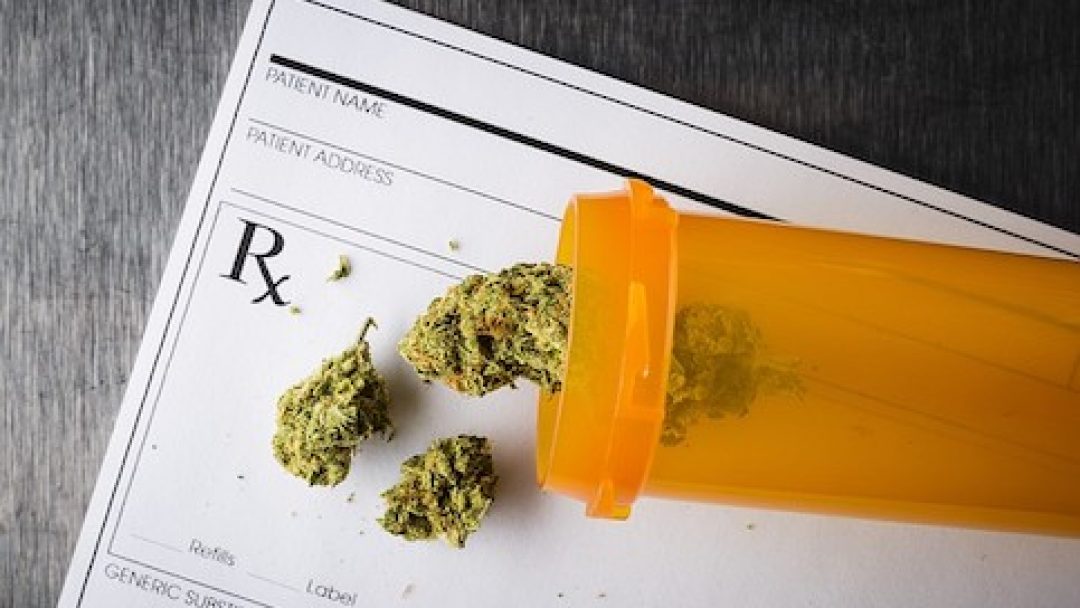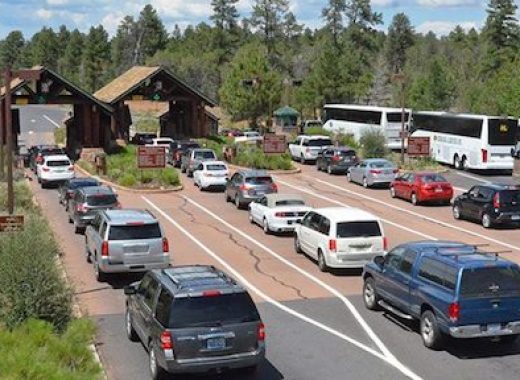US public opinion increasingly favors in support of both medical and recreational use of marijuana. In 2012, Colorado and Washington State residents revolutionized the United States’ first constitutional legislation to regulate recreational marijuana by approving Amendment 64 in Colorado and I-502 in Washington State. As a part of both referendums, any adult over 21 and older can legally purchase marijuana from a retail operation. Before recreational use of marijuana, states, including Arizona, approved the policy measure to allow the use of marijuana for medicinal purposes. Since Arizona voters approved medical marijuana use in 2010, patients are now able to apply for a medical marijuana card from a certified doctor if they qualify for various medical conditions, which includes not limited to chronic pain, glaucoma, cancer, seizures, and PSTD.
The challenge medical marijuana patients face is using marijuana with a legal doctor’s prescription despite federal law opposing the use of marijuana as a criminal act. Despite recent changes in state laws and research studies supporting the evidence of alternative non addictive use of marijuana as a pain medication opposed to opioids, marijuana is still listed as a controlled substance under the Drug Enforcement Agency. The DEA specified marijuana as a substance with a high potential of abuse in the same category as Schedule 1 drugs as lethal addictive substances, such as heroin and cocaine. Therefore, restrictions to possession and public consumption still apply to medical marijuana patients in Arizona, including college students.
For example, public university college students with valid medical marijuana cards in Arizona were banned from possessing medical marijuana. If college students were caught with marijuana on campus property, the harsh penalties compliant with federal law implicates arrest and charges. As of May 23, 2018, Arizona’s Supreme Court ruled possession of marijuana under a doctor’s recommendation no longer stands as a felony charge for college students in Arizona’s public universities. However, university administrations are able to enforce penalties for students caught with marijuana and consumption.
As of May 2018, 29 states allow legal medical marijuana programs and 9 states permit recreational adult use of marijuana. Lawmakers need to acknowledge and adapt to the changing political opinions of marijuana use as standard of acceptable use under responsible consumption in comparison to alcohol due to personal freedom. Marijuana prohibition demonstrates to be ineffective in eliminating personal use of cannabis and illegally selling drugs in the streets. This is the reason why lawmakers must to enact drug policy reform by implementing decriminalization and legalization of adult use of cannabis to mitigate nonviolent drug offenses to decrease the overcrowded prison population.








